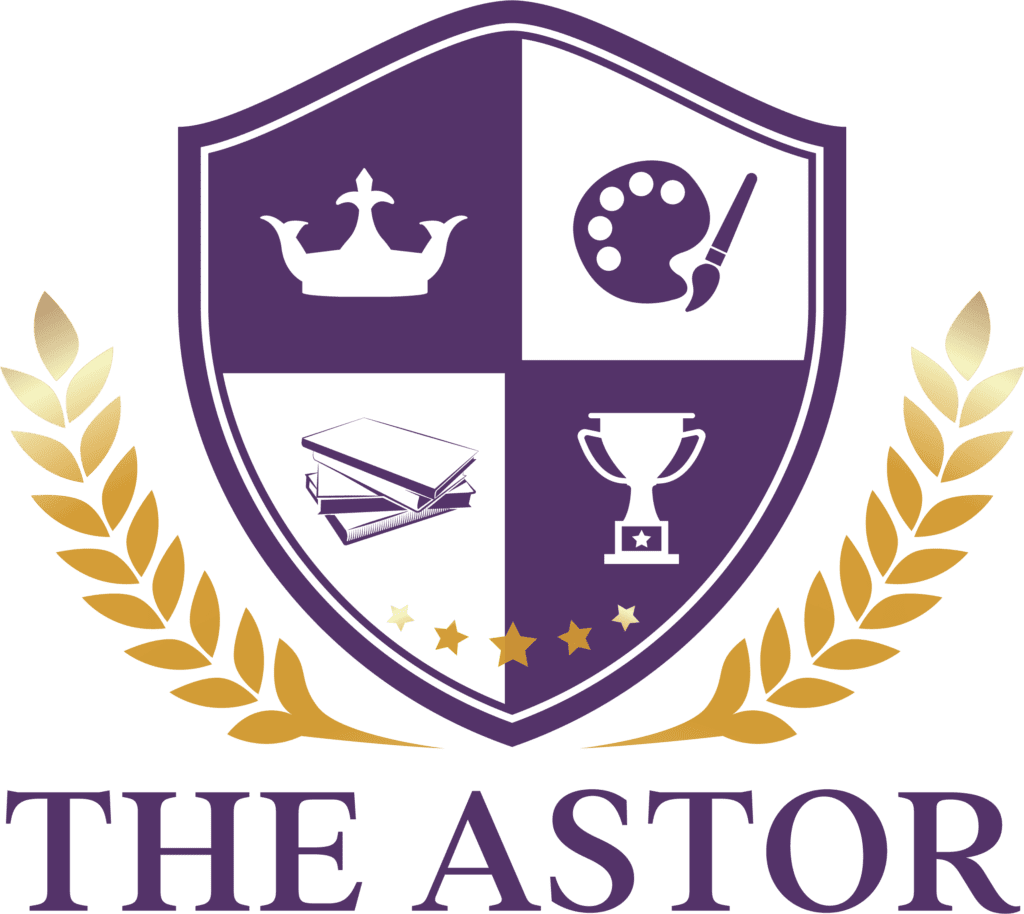“Health is a state of complete physical, mental and social well-being and not merely the absence of disease or infirmity.” – World Health Organization
Health transcends mere physical well-being to include emotional, mental, social, and environmental dimensions, especially in early childhood. Acknowledging all dimensions of health in early childhood is a holistic approach to laying the foundation for a happy, productive life.
In honor of World Health Day, we’re exploring what health really means for our young learners and how each aspect contributes to their overall wellness. Each dimension of health in early childhood has depth and science-backed information that will inform blogs for years to come; however, for today we will be touching a little on each to focus on the whole child.
The Dimensions of Health in Early Childhood
Physical Health
Physical well-being in young children extends beyond merely avoiding illness. It involves a commitment to regular physical activity, balanced nutrition, and sufficient sleep—all vital for proper growth and development.
According to the CDC’s Physical Guidelines for Americans, caregivers should encourage children to partake in various physical activities. Specifically, young children should engage in “activities that involve hopping, skipping, jumping, and tumbling” to support bone density and development, with at least three hours of physical activity at various intensities recommended daily (CDC, p. 47).
Balanced nutrition also plays a critical role in a child’s physical health. The American Academy of Pediatrics advises a diet rich in fresh fruits, vegetables, whole grains, and lean proteins, while suggesting avoidance of heavily processed foods and sugar-sweetened beverages to reap multiple health benefits.
Regarding sleep, the American Academy of Sleep Medicine provides age-specific recommendations to ensure optimal health:
- Infants (4 months to 12 months): 12-16 hours per day, including naps
- Toddlers (1 to 2 years): 11-14 hours per day, including naps
- Preschoolers (3 to 5 years): 10-13 hours per day, including naps
- School-aged children (6 to 12 years): 9-12 hours per night
- Teenagers (13 to 18 years): 8-10 hours per night
These guidelines form a foundation for healthy physical development, preparing children for a vibrant, active life.
Emotional and Mental Health:
Healthy social and emotional growth in early childhood is essential for lifelong learning and development. Social development involves a child’s capacity to form and maintain meaningful relationships with peers and adults. Emotional development encompasses a child’s skills in expressing, recognizing, and managing their emotions, as well as their ability to appropriately react to the emotions of others. Both aspects are crucial for the mental health of young children. In essence, the mental health of young children is directly linked to their social and emotional development (Headstart.gov). Sometimes parents can best support their child’s emotional and mental health by understanding their own, allowing for a patient and sincere relationship.
Social Health:
Developing social skills in early childhood is crucial for lifelong interpersonal skills and mental health. Studies show that children who engage in regular social play display better language skills, higher self-esteem, and sharper problem-solving skills. What is social play? It’s just like it sounds!
Diane Goyette from The Genius of Play simply defines social play as children playing with adults or other kids. She goes on to write “by about age four, children begin to engage in sociodramatic play, cooperating to take on roles and creating their own rules.” This sociodramatic play teaches communication, problem-solving, cooperation, and perspective taking. Fostering environments that encourage social play is not only beneficial but essential for the holistic development of children, equipping them with the tools they need to thrive both socially and intellectually throughout their lives.
Environmental Health:
Environmental health in early childhood encompasses protecting children from a variety of hazards that can impact their development and overall well-being. Children are particularly susceptible to environmental risks because their bodies are still developing, and they have higher exposure levels relative to their body size compared to adults. Key aspects of safeguarding environmental health for children under five include:
- Sun Protection: It’s important to shield young children from excessive sun exposure by using protective clothing, hats, sunglasses, and sunscreen. Limiting sun exposure during peak intensity hours, typically between 10 AM and 4 PM, can reduce the risk of skin damage.
- Air Quality: Ensuring good indoor and outdoor air quality is crucial. This can involve using air filters in schools, avoiding exposure to tobacco smoke, and choosing home locations away from heavy traffic areas to minimize pollution exposure. Encouraging the use of public transport, biking, and walking over car travel can also reduce air pollution.
- Chemical Safety: Keeping children safe from chemicals means storing cleaning products and pesticides out of reach, using non-toxic materials in play areas, and ensuring that any renovation or painting is done safely to avoid exposure to lead and other harmful substances.
- Natural Disaster Preparedness: Preparing for natural disasters, such as floods and storms, involves having an emergency plan, keeping emergency supplies ready, and educating families about the risks and safety precautions to take during such events.
Implementing these measures can significantly decrease the risk of environmental health issues in young children, supporting their healthy development and future well-being.
Conclusion
Holistic health in early childhood extends beyond just physical well-being, embracing the emotional, mental, social, and environmental factors crucial for comprehensive development. This World Health Day, let us renew our dedication to creating nurturing environments that support every aspect of a child’s health, laying a solid foundation for their future success. At The Astor, we remain committed to vigilantly safeguarding our students’ well-being and providing all necessary support to ensure they flourish.
Interested in joining our community? Contact us to learn more or schedule a tour, or apply for your little one today!
